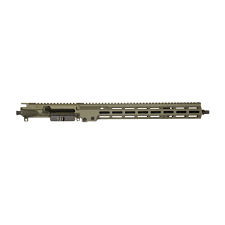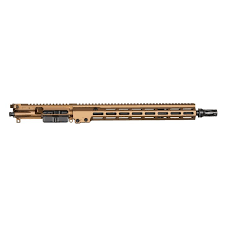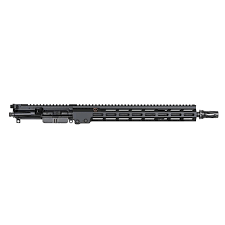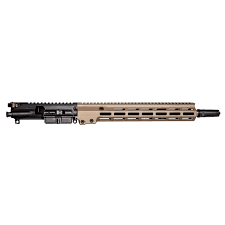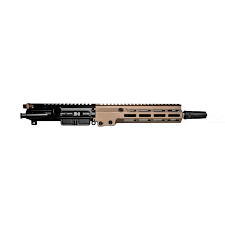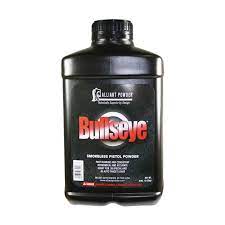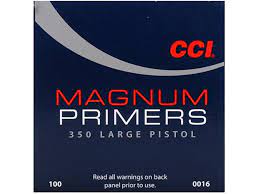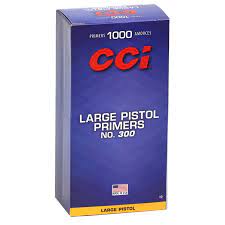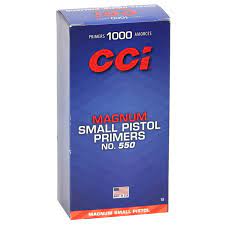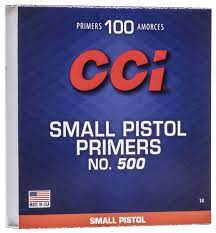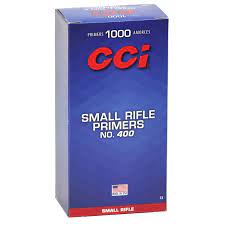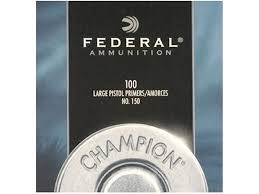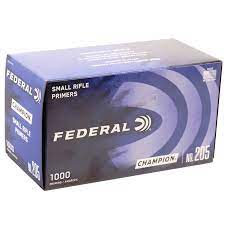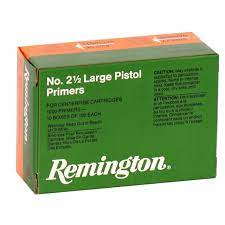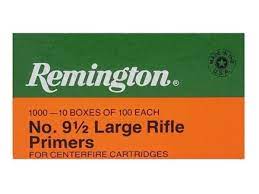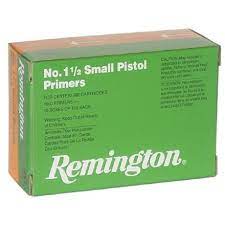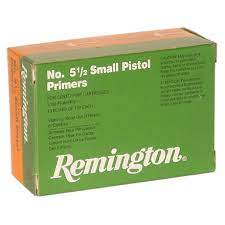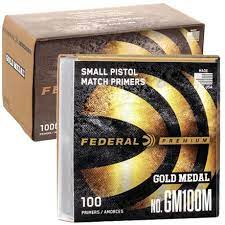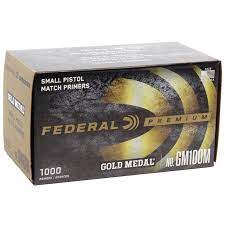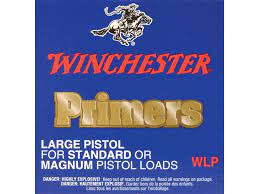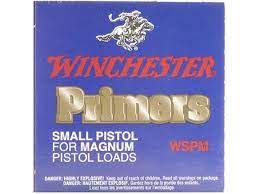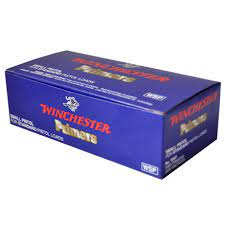Bulk Primmer Ammunition
Bulk Primmer Ammunition likely refers to purchasing primers in bulk for reloading ammunition. Primers are a critical component in ammunition, serving as the ignition source that ignites the gunpowder when struck by the firing pin. Here are some key points to consider if you are looking into bulk primer ammunition:
Types of Primers
- Small Pistol Primers: Used in most handgun cartridges.
- Large Pistol Primers: Used in larger handgun cartridges.
- Small Rifle Primers: Used in smaller rifle cartridges.
- Large Rifle Primers: Used in larger rifle cartridges.
- Magnum Primers: Designed for magnum cartridges that require a hotter spark to ignite larger powder charges.
- Shotgun Primers: Specific to shotgun shells.
Considerations for Buying in Bulk
- Storage: Primers are sensitive to moisture and temperature. They should be stored in a cool, dry place in original packaging to ensure they remain effective.
- Quantity: Bulk purchasing typically involves buying in quantities of 1,000 or more. Ensure you have enough storage space and that you will use them before they might degrade.
- Safety: Handling and storing large quantities of primers require strict adherence to safety protocols to prevent accidental ignition.
- Regulations: Be aware of any local, state, or federal regulations regarding the purchase and storage of bulk primers.
Where to Buy
- Local Gun Shops: Often have bulk purchase options and knowledgeable staff.
- Online Retailers: Websites like MidwayUSA, Brownells, and Natchez Shooters Supplies often offer bulk primers.
- Gun Shows: These events can be a good source for bulk primers at competitive prices.
Popular Brands
- CCI
- Federal
- Winchester
- Remington
- Sellier & Bellot
Price Considerations
- Bulk primers can be more cost-effective than purchasing in smaller quantities.
- Prices can fluctuate based on availability, market demand, and political factors.
Recommendations
- Plan your purchase: Know what type and quantity of primers you need.
- Compare prices: Look at different suppliers to find the best deals.
- Check reviews: Ensure the supplier and the specific primers have good reviews.
- Follow storage guidelines: To ensure longevity and safety.
If you have specific requirements or need detailed information on a particular type of primer, let me know!
Showing all 16 results
-
Bulk Primmer Ammunition
CCI Large Pistol Magnum Primers #350 Box of 3000 (3 BOXES OF 1000)
$250.00 Add to cart -
Bulk Primmer Ammunition
CCI Large Pistol Primers #300 Box of 3000 (3 BOXES OF 1000)
$250.00 Add to cart -
Bulk Primmer Ammunition
CCI Small Pistol Magnum Primers #550 Box of 3000 (3 BOXES OF 1000)
$250.00 Add to cart -
Bulk Primmer Ammunition
CCI Small Pistol Primers #500 Box of 1000 (3 BOXES OF 1000)
$250.00 Add to cart -
Bulk Primmer Ammunition
CCI Small Rifle Primers #400 Box of 1000 (3 BOXES OF 1000)
$250.00 Add to cart -
Bulk Primmer Ammunition
Federal Large Pistol Primers #150 Box of 1000 (3 BOXES OF1000)
$250.00 Add to cart -
Bulk Primmer Ammunition
Federal Small Rifle Primers #205 Box of 1000 (3 BOXES OF1000)
$250.00 Add to cart -
Bulk Primmer Ammunition
Remington Large Pistol Primers #2-1/2 Box of 3000 (3 BOXES OF 1000)
$250.00 Add to cart -
Bulk Primmer Ammunition
Remington Large Rifle Primers #9-1/2 Box of 1000 (3 BOXES OF 1000)
$250.00 Add to cart -
Bulk Primmer Ammunition
Remington Small Pistol Primers #1-1/2 Box of 3000 (3 BOXES OF 1000)
$250.00 Add to cart -
Bulk Primmer Ammunition
Remington Small Pistol Primers #5-1/2 Box of 3000 (3 BOXES OF1000)
$250.00 Add to cart -
Bulk Primmer Ammunition
Small Pistol Match Primers #100M Box of 1000 (3BOXES OF1000)
$260.00 Add to cart -
Bulk Primmer Ammunition
Small Pistol Match Primers #100M Box of 1000 (3BOXES OF1000)
$260.00 Add to cart -
Bulk Primmer Ammunition
Winchester Large Pistol Primers Box of 3000 (3 boxes of 1000)
$250.00 Add to cart -
Bulk Primmer Ammunition
Winchester Small Pistol Magnum Primers 1/2M Box of 3000 (3 BOXES OF 1000)
$250.00 Add to cart -
Bulk Primmer Ammunition
Winchester Small Pistol Primers 1/2 Box of 3000 (3 BOXES OF 1000)
$250.00 Add to cart

